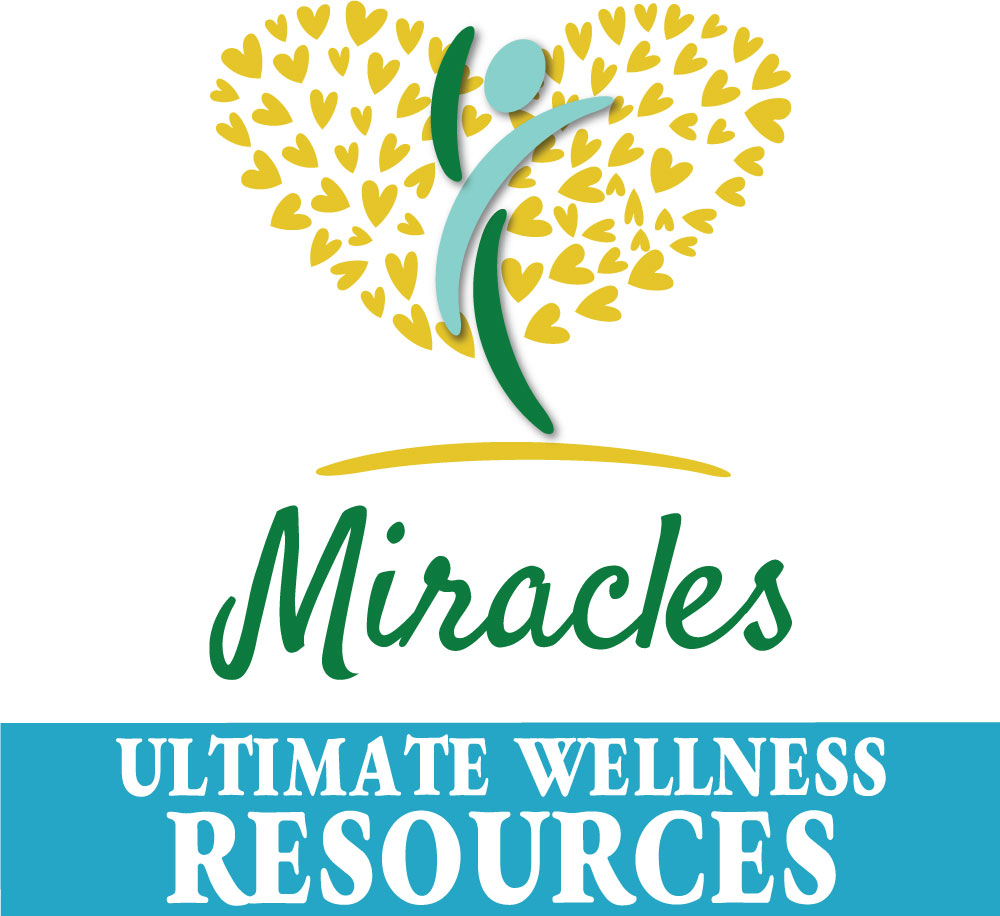In the hustle and bustle of modern life, emotional well-being can often take a backseat. However, practices like meditation and mindfulness offer powerful tools for emotional healing and resilience. Let’s get into how these practices can transform your emotional health.
What is Meditation?
Meditation is a practice where an individual uses a technique – such as mindfulness, focusing the mind on a particular object, thought, or activity – to train attention and awareness, and achieve a mentally clear and emotionally calm state. Regular meditation can help you gain control over your thoughts and emotions, leading to greater inner peace. With benefits such as stress reduction and emotional stability, it allows a person to gain an enhanced level of self-awareness which in turn makes it possible for one to obtain a deeper understanding of themselves.
What is Mindfulness?
Mindfulness is the practice of being fully present and engaged in the current moment, without judgment. It involves paying attention to your thoughts, feelings, and surroundings in a non-reactive way. This practice can be integrated into everyday activities, making it accessible and practical for anyone.
Benefits of Mindfulness
- Improved Emotional Regulation: Mindfulness helps you observe your emotions without getting overwhelmed, allowing for more thoughtful responses rather than reactive ones.
- Increased Focus: By training your mind to stay in the present moment, mindfulness enhances concentration and reduces distractions.
- Greater Resilience: Mindfulness builds emotional resilience, helping you cope better with life’s challenges and setbacks.
Techniques for Meditation and Mindfulness
- Breathing Exercises: Focus on your breath, observing the inhale and exhale. This simple practice can anchor you in the present moment and calm your mind.
- Body Scan: Gradually bring your attention to different parts of your body, starting from your toes and moving up to your head. This practice helps you connect with your physical self and release tension.
- Guided Meditations: Use apps or online resources that offer guided meditation sessions, which can be particularly helpful for beginners.
- Mindful Activities: Engage in everyday activities mindfully, such as eating, walking, or washing dishes. Pay attention to the sensations, sounds, and movements involved in each activity.
Incorporating These Practices into Your Life
- Start Small: Begin with just a few minutes of meditation or mindfulness practice each day, gradually increasing the time as you become more comfortable.
- Create a Routine: Set aside a specific time each day for your practice, making it a regular part of your routine.
- Be Patient: Emotional healing is a journey, and progress may be gradual. Be patient with yourself and celebrate small victories along the way.
Meditation and mindfulness are powerful tools that can lead to profound emotional healing and well-being 🌸. By dedicating a little time each day to these practices, you can cultivate a sense of inner peace, balance, and resilience, allowing you to navigate life’s ups and downs with grace and ease 🧘✨.

